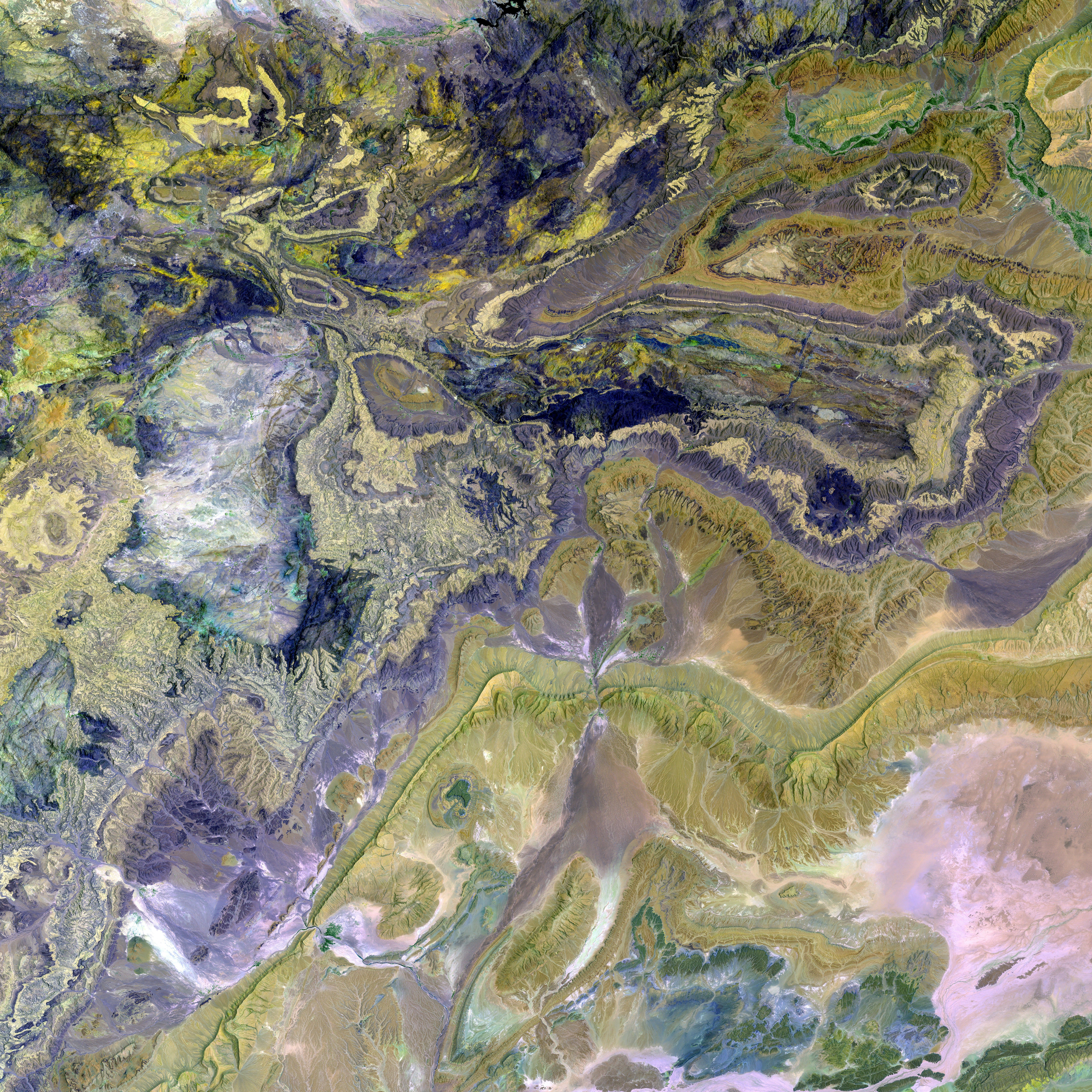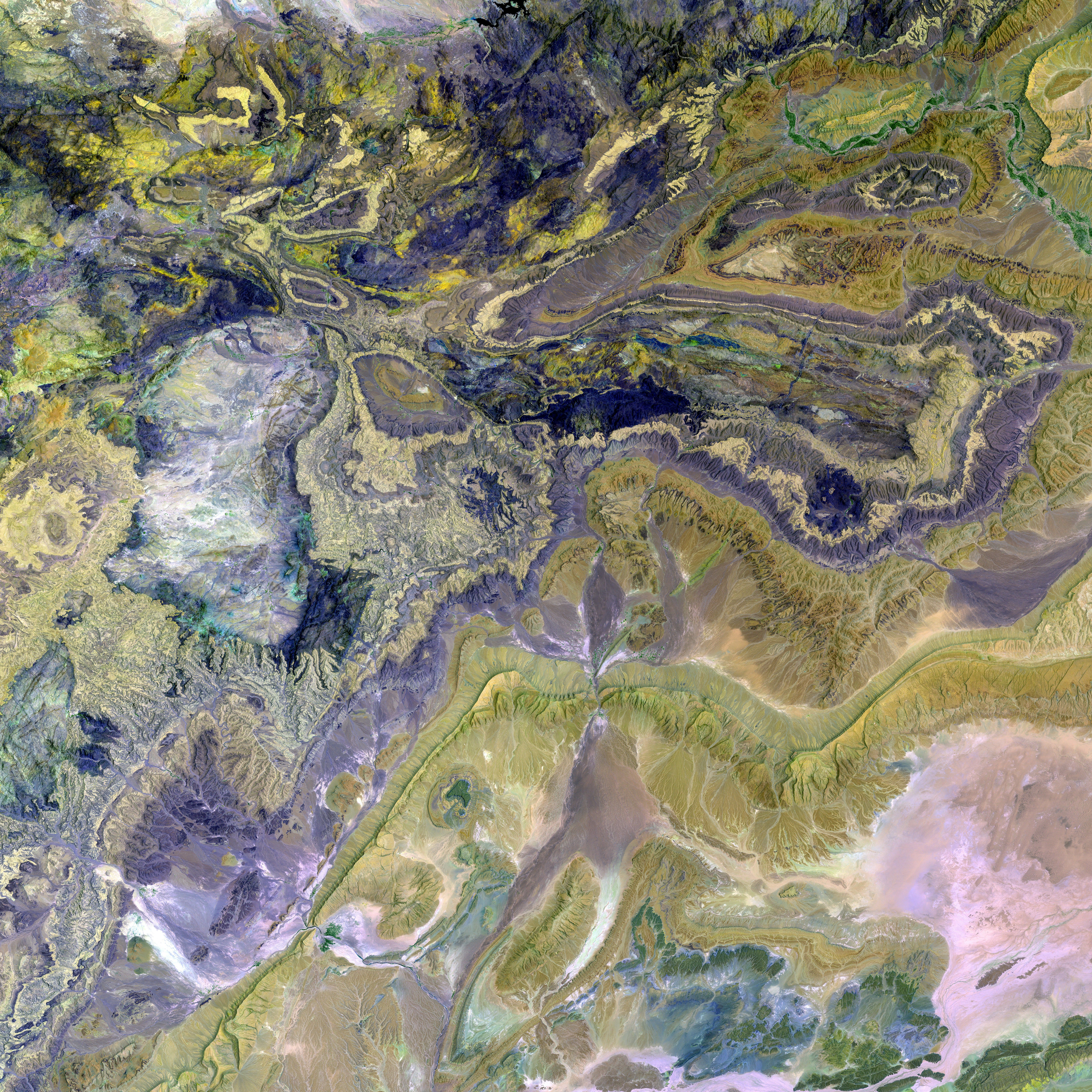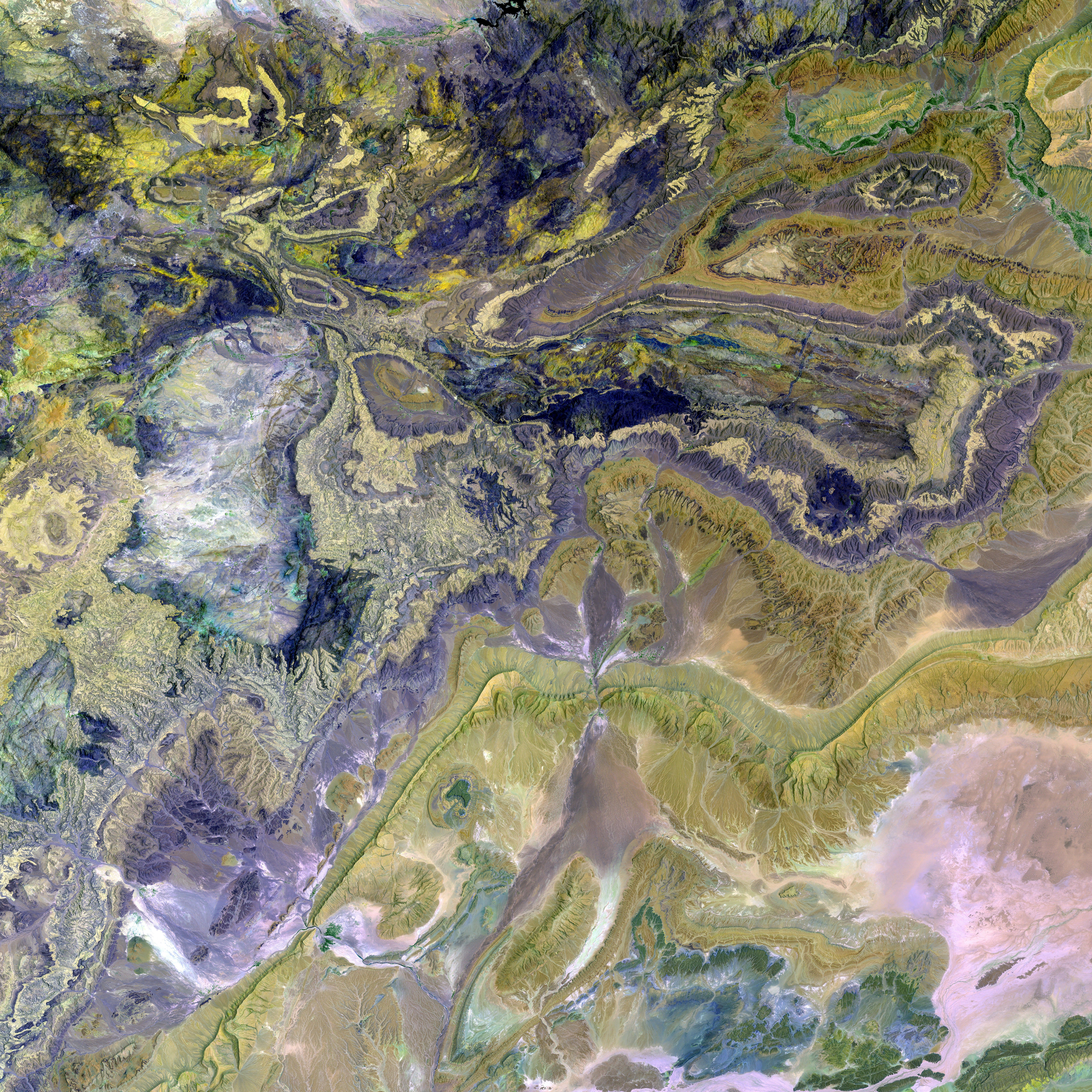Owning 100% of a Business in the UAE by Non-Citizens: Fact or Fiction? An Examination of the Reality
The United Arab Emirates (UAE) has historically been an allure for international investors, drawing them in with its strategic location, world-class infrastructure, and business-friendly policies. acts as a bridge between East and West, providing access to dynamic markets, cutting-edge facilities, and a tax climate that encourages growth. However, one element that limited its appeal for decades was the restrictive nature of foreign ownership.
Traditionally, foreign investors were barred from holding more than 49% of mainland companies, with the remaining 51% reserved for Emirati sponsors. This stipulation often led to complex partnerships and potential challenges, discouraging some foreign businesses from fully committing.
In recent years, the UAE has embarked on a transformational journey. The enactment of Federal Decree-Law No. 26 of 2020 initiated this change, allowing foreign investors to own 100% of companies in most sectors. This bold reform has streamlined business setup, lowered costs, and significantly enhanced the UAE's reputation as a global investment destination. today transcends its role as a regional hub, becoming a leader in cultivating an open environment for international capital.
To comprehend the significance of these recent changes, it's crucial to examine the historical context. For decades, the UAE imposed a 49% cap on foreign ownership, popularly known as the "51/49 rule." This regulation necessitated a UAE national to hold a majority stake (51%) in companies operating outside free zones.
The reasons behind this rule were multifaceted:
- Economic Protection: Ensuring local businesses and citizens benefited from economic growth
- Control Over Key Sectors: Preserving national oversight in strategic industries
- Cultural Preservation: Safeguarding local identity in an increasingly globalized economy
However, this requirement posed challenges. Finding a reliable local sponsor could be time-consuming and costly, and the sponsor's involvement sometimes led to operational inefficiencies or conflicts. To circumvent these restrictions, many foreign investors gravitated towards the UAE's free zones, such as Dubai Internet City (DIC) and Abu Dhabi's Masdar City (MC). These zones offered 100% foreign ownership, tax exemptions, and simplified bureaucracy, making them an appealing option for international companies.
The turning point came with Federal Decree-Law No. 26 of 2020, which amended the Commercial Companies Law. This landmark legislation eliminated the need for a local sponsor in many cases, allowing foreign investors to own 100% of companies in most sectors. The reform, effective since 2021, aligns with the UAE's Vision 2030 strategy to diversify its economy and attract more foreign direct investment.
Key aspects of the reform include:
- Broad Sector Coverage: The UAE Cabinet published a "positive list" of 122 economic activities across 13 sectors eligible for 100% foreign ownership, including technology, healthcare, education, tourism, manufacturing, media, logistics, e-commerce, financial services, and others.
- Simplified Setup: Investors no longer need to engage a local sponsor, reducing costs and administrative hurdles.
- Increased Autonomy: Full ownership allows greater control over business operations and profits.
The impact has been substantial. The reforms have streamlined business registration, boosted investor confidence, and triggered a surge in foreign direct investment. The Department of Economic Development in Abu Dhabi (Abu Dhabi DED) and the Department of Economy and Tourism in Dubai (Dubai DET) provide lists of permitted activities.
While the reforms have opened up numerous opportunities, certain sectors still face restrictions due to strategic or cultural significance. According to Cabinet Resolution No. 55 of 2021, activities such as security, defense, banking, insurance, telecommunications, commercial agencies, hajj and umrah organizing, fish and pearl catching, and marine animal catching still require local ownership. Individual emirates may impose their own regulations, so investors should consult emirate-specific guidelines for compliance.
In conclusion, the UAE's shift from restrictive foreign ownership laws to a more open regime reflects its commitment to economic diversification and global integration. The 2020 reforms have made it easier for foreign investors to establish and control businesses, positioning the UAE as a top destination for international investment. As it continues to refine its business environment, focusing on technology, sustainable energy, and other key sectors, the UAE offers vast opportunities to global investors. However, it's crucial for investors to navigate emirate-specific regulations and sector restrictions carefully to capitalize on these prospects.
- The United Arab Emirates' (UAE) strategic location, world-class infrastructure, and business-friendly policies have attracted international investors, making it a bridge between East and West, providing access to dynamic markets and cutting-edge facilities.
- One element that limited the UAE's appeal for decades was the restrictive nature of foreign ownership, with foreign investors barred from holding more than 49% of mainland companies.
- In recent years, the UAE has embarked on a transformational journey, eliminating the need for a local sponsor in many cases and allowing foreign investors to own 100% of companies in most sectors.
- The UAE's reforms have streamlined business setup, lowered costs, and significantly enhanced its reputation as a global investment destination, transcending its role as a regional hub and becoming a leader in cultivating an open environment for international capital.
- The reasons behind the 49% cap on foreign ownership, known as the "51/49 rule," were economic protection, control over key sectors, and cultural preservation.
- These reforms align with the UAE's Vision 2030 strategy to diversify its economy and attract more foreign direct investment.
- The impact has been substantial, with the reforms boosting investor confidence and triggering a surge in foreign direct investment.
- While the reforms have opened up numerous opportunities, certain sectors still face restrictions due to strategic or cultural significance, requiring local ownership in areas such as banking, insurance, telecommunications, and security.
- As the UAE continues to refine its business environment, focusing on technology, sustainable energy, and other key sectors, it offers vast opportunities to global investors. However, it's crucial for investors to navigate emirate-specific regulations and sector restrictions carefully to capitalize on these prospects.






